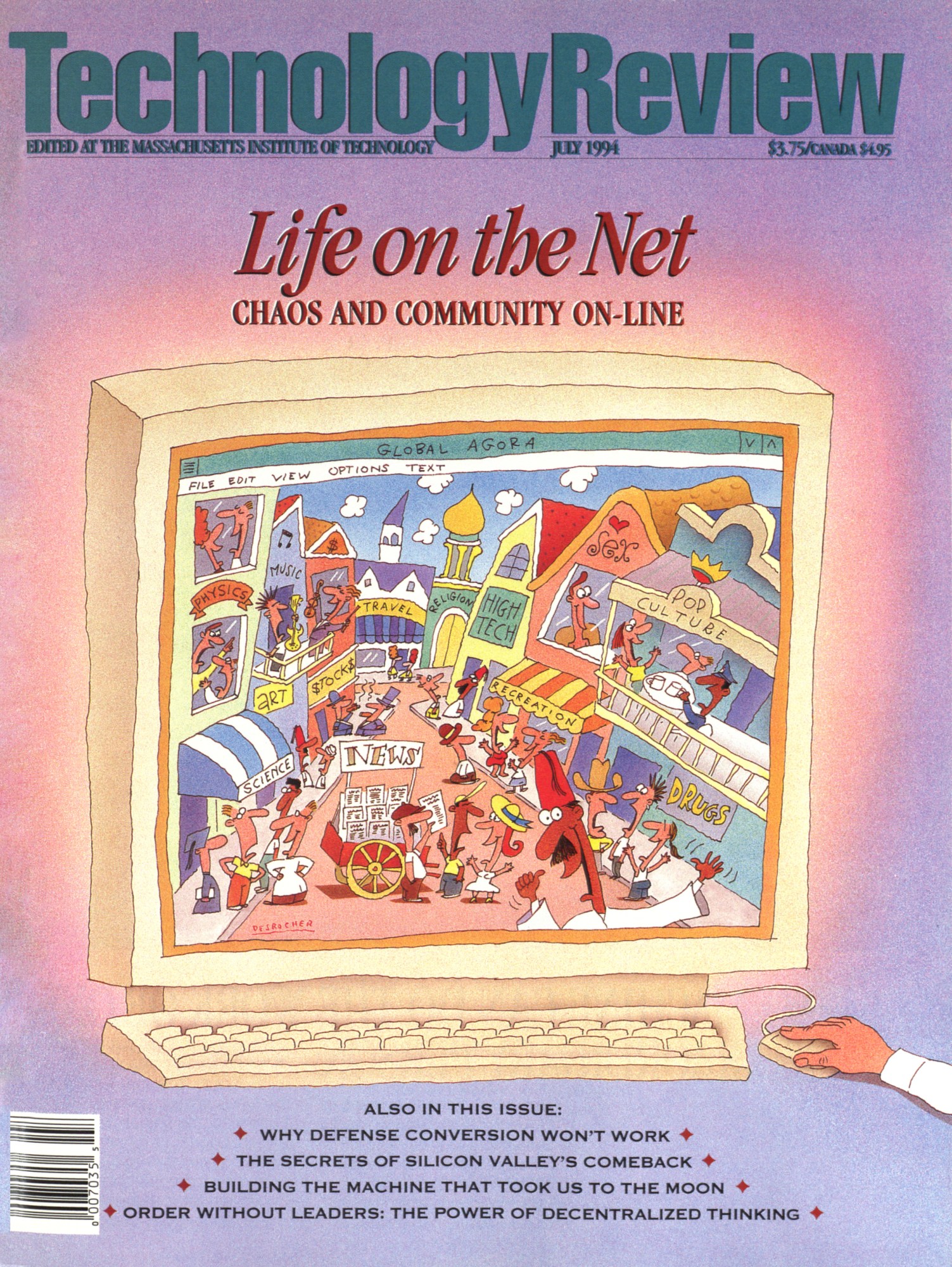Decades of Changes | MIT Technology Review

[ad_1]
October 1967
Excerpt from “How do I stop worrying and learn to endure irrationality”: No matter what form it takes, resistance to any change is essentially an act of self-protection. When a person perceives that the consequences of change conflict with his needs and desires, he will feel anxious and fearful about his future. … It does not matter whether the situation justifies the response. What matters is his negative attitude towards the cause of anxiety, fear or anger: change and/or its perpetrators. Such a process has little to do with intelligence, logic and rational thinking. However, once a person is committed to the process of resistance, he can easily justify his actions by finding convenient rationalizations. On the other side of the fence, any resistance to change can be both mysterious and frustrating to those responsible for the change.
February 1971

Excerpted from “Implementing Social and Technological Change Plan”: The projects we promised, such as those based on poverty, crime, inadequate health care, or poor housing conditions-clearly failed to achieve major changes. …Maybe we just have the wrong idea. Maybe we never fully committed ourselves. But more fundamental criticism will serve us better. The fact is that we simply cannot put into practice a wide-ranging social change plan. We don’t understand this process, although we have a misunderstanding about it, and we don’t understand that it will harm our current efforts in pollution and environmental control, guaranteeing annual income, and decentralization of administrative power for social projects.
July 1994

[ad_2]
Source link

